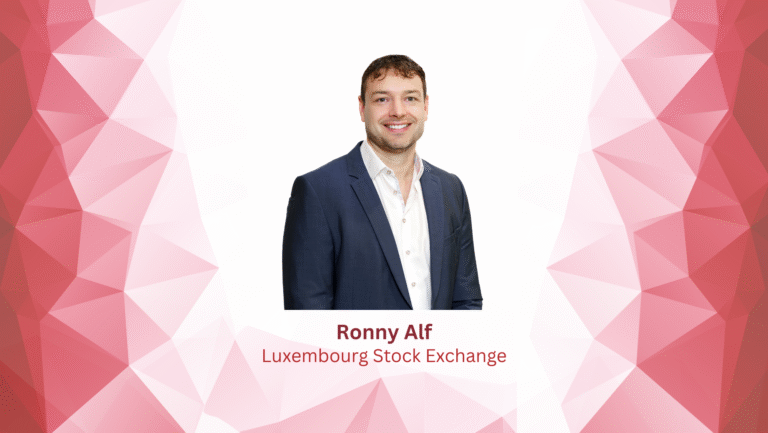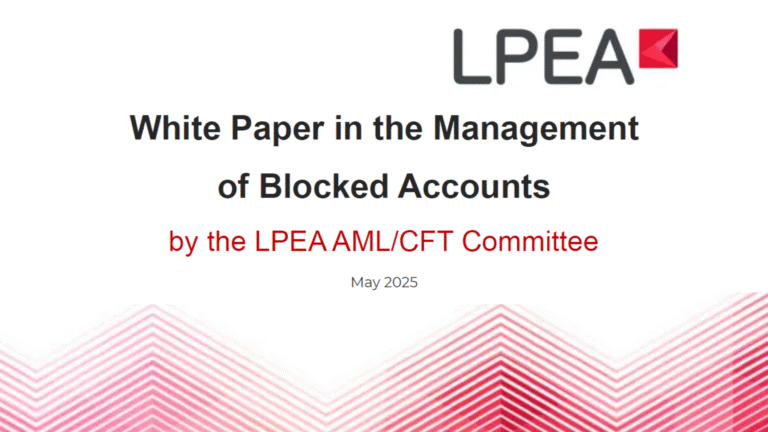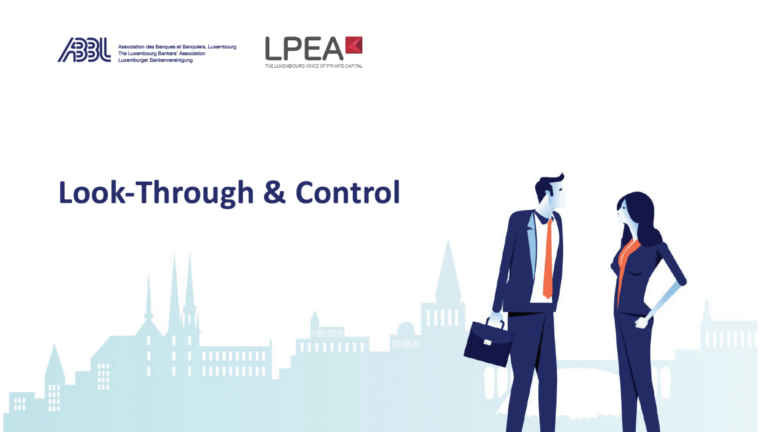Joachim Bailly
Partner, Deloitte Tax & Consulting
Michel Lambion
Managing Director, Deloitte Tax & Consulting
Cédric Tussiot
Director, Deloitte Tax & Consulting
Case study: Recovery of VAT by Holding Companies
by Joachim Bailly (Partner), Michel Lambion (Managing Director) and Cédric Tussiot (Director) of Deloitte | As featured in PE Insight/ Out #13.
«Ryanair claimed the full deduction of the VAT incurred on costs in relation to the aborted acquisition of shares in Aer Lingus»
In two recent decisions, the Court of justice of the European Union (the “Court”) has refined conditions under which holding companies could recover VAT on their costs[1].
An “active” holding company could deduct VAT incurred on its costs because its activities go beyond the “passive” ownership of shares and encompass taxable services such as management services or renting properties[2].
Traditionally, the Court ruled that the VAT is deductible when the expenditures have a direct and immediate link with the output transactions giving rise to a right of deduction, or in absence of such a link are part of its overhead costs. In other words, the expenditures must be a component of the cost of the output transactions that gave rise to the right to deduct. In practice, the Court has allowed active holdings to deduct VAT on acquisition costs but refused the deduction of the VAT on costs related to the sale of shares because the sale of shares are exempt from VAT.
The cases of Ryanair and C&D Foods
In two recent decisions, the Court refined its reasoning by considering that it is necessary to “(…) consider all the circumstances surrounding the transactions concerned and take account only of the transactions which are objectively linked to the taxable person’s taxable activity”. It follows that the VAT is deductible if the “exclusive reason” for the costs incurred lies in the economic activity of the taxable person entitling to VAT deduction.
The Court first applied this approach in the Ryanair case. Ryanair claimed the full deduction of the VAT incurred on costs in relation to the aborted acquisition of shares in Aer Lingus arguing that it had the intention to provide taxable management services to Aer Lingus should the acquisition succeed. The Court found that sufficient evidence supported the intention of Ryanair and accepted that the exclusive reason of the intended acquisition of shares lie in its economic activity entitling to a VAT deduction and therefore the VAT incurred could be deductible.
The Court also applied this approach in the C&D Foods case[3]. C&D Foods is an active holding company providing management services to subsidiaries and has engaged costs subject to VAT (advisor and auditor fees) to find acquirers for shares it held in other companies. The Court ruled that C&D Foods could not deduct the VAT incurred because the exclusive reason of the sale does not lie in the economic activity of the company, providing management services, but that the objective was to use the proceeds of the sale to settle the debts owed to the owner of C&D Foods.
It is worth examining what might be the consequences of the concept of “exclusive reason”.
As mentioned above, the jurisprudence of the Court is to refuse the deduction of the VAT on costs linked to the sale of shares because these sales, even if part of the economic activity, are VAT exempt. However, sale of shares can open the right to recover VAT when the buyer is established outside the European Union. When the Court requires that the exclusive reason of the sale should lie in the economic activity of the holding company, it adds a further requirement: the sales should not only be made to the profit of a non-EU purchaser but should meet this test. In this case, the exclusive reason concept may make the deduction of the VAT more difficult. However, in other situations, it might help. For example, the Court refused in the past the argument of taxpayers that the proceeds of the sale of shares will be used for its taxable activities[4]. Based on the concept of exclusive reason, it appears that the decision could now be different.
We may further push the concept. We could think of a situation where a company is holding shares in a “passive” manner and which could not deduct VAT. If this company sells these shares and if the exclusive reason is to acquire shares of companies as an “active” holding company or to acquire a building and rent it with VAT to the subsidiaries, it seems possible further to these considerations to defend that the VAT in relation to the sale of shares would be deductible. This would be a substantial evolution.
Regarding acquisition costs, the concept of exclusive reason might lead to a restriction of the deduction by an active holding should the exclusive reason of the acquisition not be to render management services but, for example, to combine such acquisitions with companies already owned and to sell them.
In conclusion, it could be said that the recognition in the Ryanair case of the possibility to recover VAT on an aborted deal is certainly good news. Moreover, the concept of “exclusive reason” could open new possibilities to recover VAT on costs but might be delicate to interpret and apply in practice. More than ever, a careful analysis of any transaction including its global economic context is necessary for all taxpayers.
[1] The LPEA newsletter contains a more comprehensive article on these decisions.
[2] See e.a. Marle Participations SARL, C-320/17, 5 July 2018 and quoted jurisprudence.
[3] C&D Foods, C-502/17, 7 November 2018.
[4] AB SKF, 29 October 2009, C-29/08 and BLP, 6 April 1995 C-4/94.







